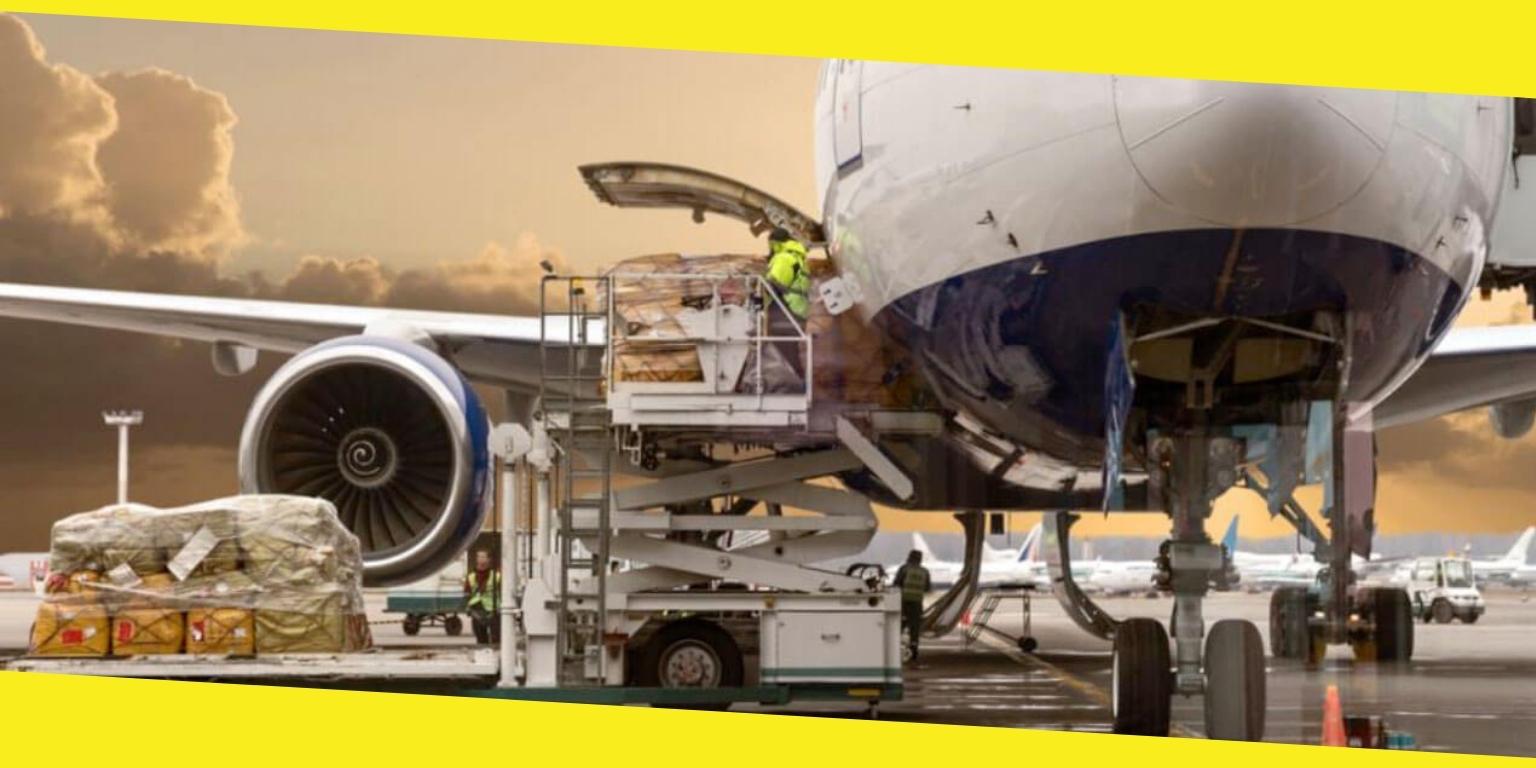What is Express Freight? Logistics Terms and Definitions
This post was last updated on January 25th, 2024

Express freight is a logistics term that denotes the time-restraint item which has to be transported to its destined location within a short notice. Express freight is a logistics delivery service offered by companies related to the CEP industry. CEP industry means courier express and parcel services.
Express freight services, however, offer certain significant benefits to the user. These key benefits are cost-effective, online tracking, direct routings, personal account management, and prompt response times.
Express freight solutions are a blessing to businesses as the most reliable and direct delivery services. Either way, there is a likelihood that you might be confused between what is freight and shipping. While both are connected to the logistics industry and essential logistics terms, there is some difference between the two.
That brings us to our next question whether freight and shipping are the same.
Is express freight and shipping the same?
If you are deeply connected with the logistics industry, you must be familiar with express shipping and express freight. These two terms are interconnected in the logistics world. Each of them has its process, challenges, merits, and demerits. Thus, you cannot interchange their working process and purpose.
Logistics uses different modes of transportation to accomplish their projects. Freight and shipping transport goods either by sea, land, or air. Both deal with the goods of larger quantities and transportation of bulk items. However, when you talk about freight, you deal with a considerable amount of goods. Much more than that of shipping goods.
Express freight services are explicitly available for commercial purposes and bulk transportation of goods. And shipping of goods is available for either personal or commercial purposes.
Different logistics services and delivery services charge varied costs. Likewise, express freight is much cheaper than shipping as bulk goods are transported in one go. Shipping of goods tends to be costlier as you can only transport a small number of goods at once.
Few logistics terms and definitions
There are numerous terminologies in the freight industry essential for you to know. Here are a few standard logistics terms and definitions that might help you with express freight and shipping matters.
Freight
In the logistics definition, freight is the goods or the products that news to be transported. It typically depicts commercial goods transportation in bulks via different modes, including sea, land, and air. There are two types of freight. One is air freight, and another is freight shipments.
Then again, freight shipments are categorized into multiple types based on the type of goods, shipment size, and possible time in transit. FTL (Full Truckload), LTL (Less than Truckload), household goods, parcels, express, and freight shipments.
Full Truckload (FTL)
When the cargo in question takes up the whole truck space, this freight shipping service is called a Full Truckload. A Full Truckload might happen due to the good’s size or weight.
Less than Truckload (LTL)
When the cargo does not take up the whole space of the truck or carrier, this freight shipping service is called the Less than Truckload.
Accessorial Charges
Accessorial charges are the additional fees incurred when shipping goods via FTL or LTL. These charges incur when the carrier uses special equipment or other services to fulfill the delivery. Even when the carrier encounters unexpected delays in completing the delivery of the goods, accessorial charges incur.
Standard types of accessorial charges are a liftgate, reclassification, inspection, reweigh, load & unload fees, after-hour delivery, residential delivery, limited-access delivery, etc. The fuel surcharge is also an accessorial fee added to the shipment invoice post-delivery.
Blind Shipment
Blind shipment is a standard logistics practice for confidentiality purposes used by Less Than Truckload (LTL) shippers. Blind shipment is when the address and identity of the consignee or shipper are hidden from the receiver.
For blind shipment, three Bills of Lading are separately created and transferred. These three parties usually include the shipper, the consignee, and the shipment carrier. Since blind shipment is a particular type of logistics delivery, the carrier might charge extra fees for the service.
Bill of Lading (BoL)
A Bill of Lading (BoL) is a shipment receipt or invoice used during FTL and LTL freight shipments. A Bill of Lading represents a contract proof between the shipper and the goods carrier.
A Bill of Lading typically consists of the shipper’s identity information, consignee’s name and other essential information, shipment details like goods description, and proper instructions for goods pickup and delivery.
Consignee
Different parties to the shipment are involved in every shipping transaction, be it standard delivery or express freight. One such party is the consignee. The consignee is the one that is financially responsible for the receipt of goods. In most shipping transactions, a consignee and the receiver of the goods are the same people.
These are the common freight terms that you should know.
Most Inside
Most Inside offers high-quality recommendations and valuable updates to enhance all aspects of your life, providing premium guidance and enriching experiences.

![Electronics Recycling Programs Helps Reduce Landfill Waste [E-waste Removal] Electronics Recycling Programs Helps Reduce Landfill Waste [E-waste Removal]](https://www.mostinside.com/wp-content/uploads/2023/07/electronics-recycling-programs-370x208.jpg)


